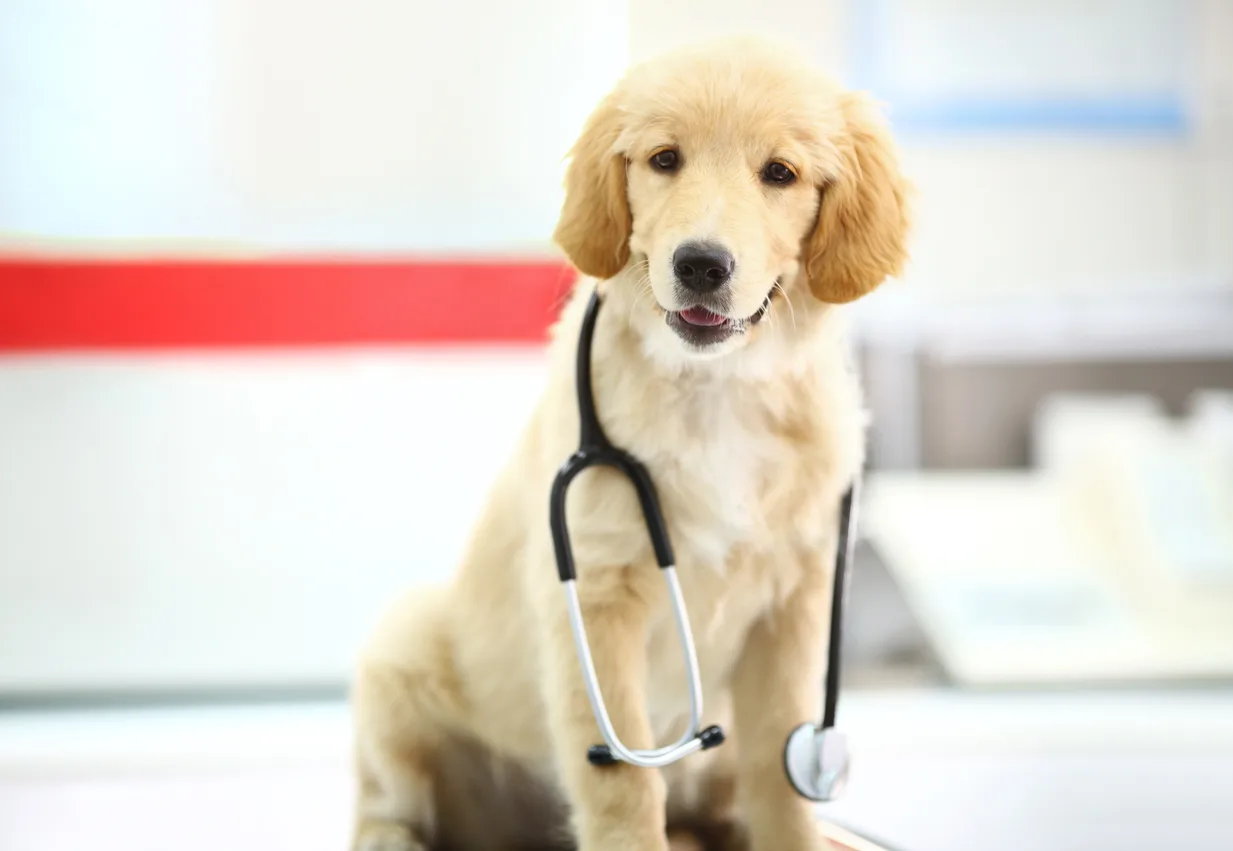Kennel cough is a respiratory infection that spreads easily among dogs, so it is commonly seen in training classes, boarding facilities, at dog parks, and other places canines gather. There are more cases of it in the warmer months when pets are enjoying the weather and outdoor activities. Although it is relatively innocuous, there are times when this condition can indicate and/or lead to serious issues, and it is important to know when to contact your vet.
Kennel Cough Symptoms
If your dog has been coughing excessively, in a deep, hacking manner – especially if it is followed by retching – it could be kennel cough. (You might think at first that there is something lodged in the throat.) Other than the cough, the dog will generally seem normal in terms of appetite and energy level.
Causes
Similar to colds in humans, this ailment can stem from a variety of sources. One of the most common is the Bordetella bacteria, which is why vaccinations targeting this organism are a popular prevention tactic. Dogs contract the cough when they breathe in this or another similar bacteria or virus particle into the respiratory tract.
Treatment
Typically kennel cough will resolve itself without medication and further treatment over the course of three weeks, though older dogs or those that have additional medical conditions may take longer. If your dog has had the symptoms for longer, or at any time displays signs of a lack of appetite, listlessness, or rapid breathing, get in touch with your veterinarian. This is because more serious conditions such as pneumonia can occur. In order to encourage swift recovery, it can be helpful to keep your canine in an area that is well-humidified and employ a harness in lieu of a collar (which can minimize coughing, particularly in pets that strain when on a leash). It is also crucial to reduce contact with other dogs, so that the infection does not spread.

